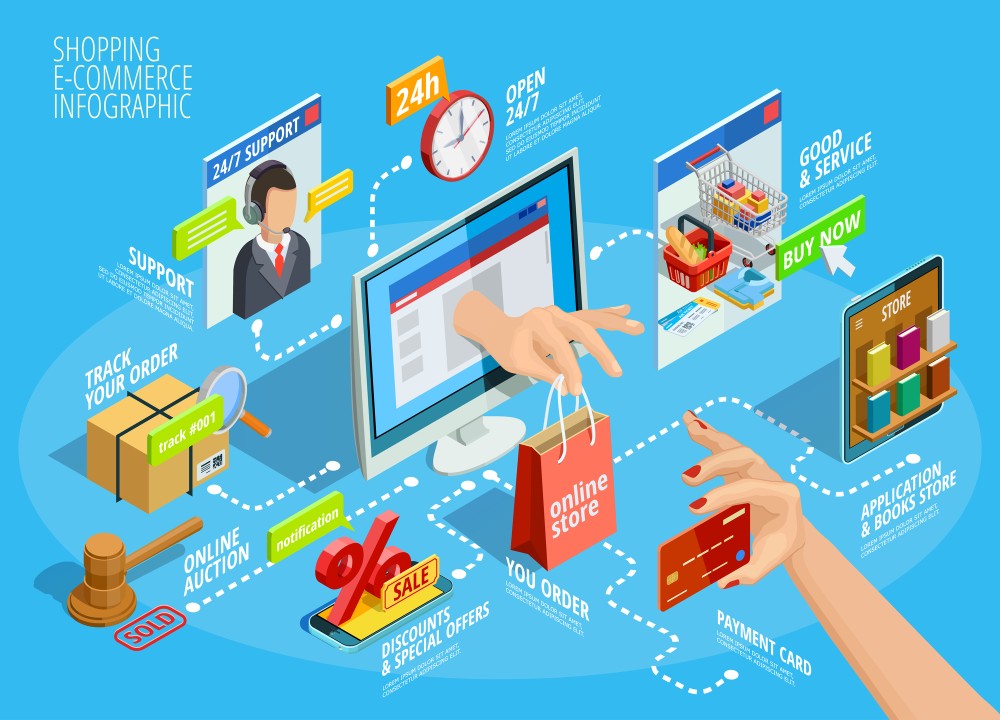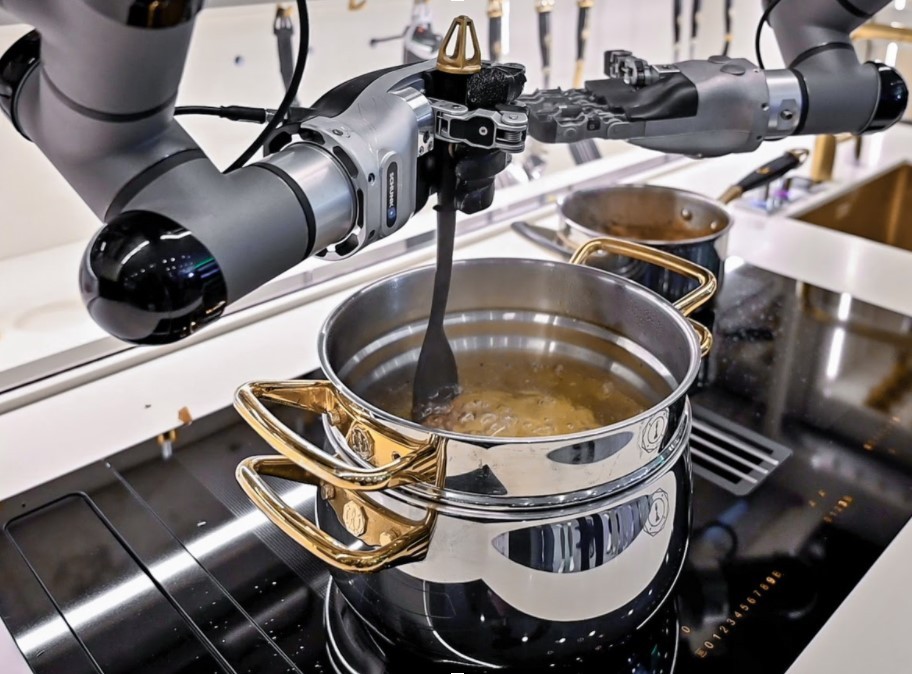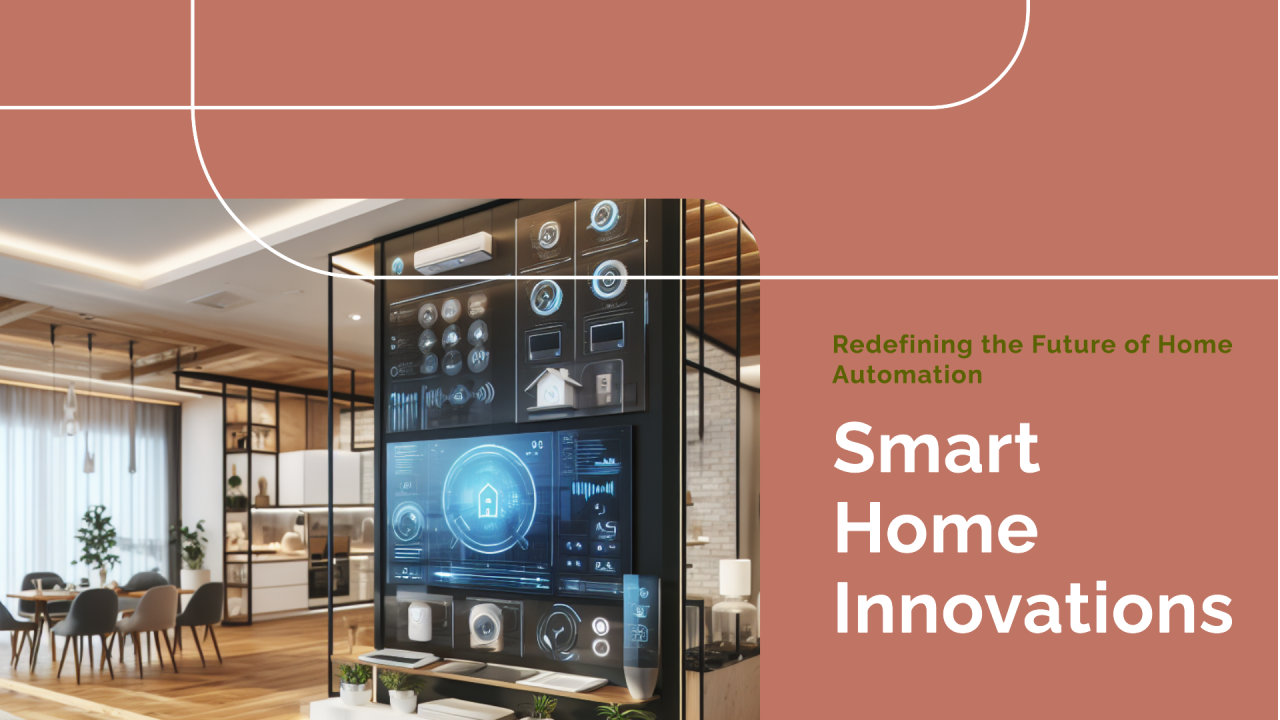Image from: www.linkedin.com
As we approach 2025, the retail landscape is on the brink of an exhilarating transformation driven by groundbreaking technologies. At the forefront, artificial intelligence (AI) and machine learning are redefining how retailers understand and engage with consumers. By harnessing data analytics, businesses can tailor shopping experiences that resonate with individual preferences, paving the way for increased customer satisfaction and loyalty.
Augmented reality (AR) and virtual reality (VR) are taking shopping to new heights, creating immersive experiences that bridge the gap between online and in-store shopping. Imagine visualizing how a new sofa looks in your living room before making a purchase! Retailers are leveraging these technologies to enhance consumer interaction, making the shopping journey not just transactional but also engaging.
The Internet of Things (IoT) is another game-changer, optimizing inventory management and supply chain logistics like never before. Smart shelves equipped with sensors provide real-time inventory tracking, helping retailers maintain optimal stock levels and reduce waste. This technological leap ensures a more efficient retail operation, ultimately benefiting both businesses and consumers.
In an era where speed and safety are paramount, contactless payment solutions are becoming increasingly popular. Technologies such as mobile wallets and RFID-enabled payments facilitate faster transactions, enhancing the overall shopping experience and catering to consumer demands for convenience.
Blockchain technology is making waves in retail by promoting transparency and traceability in supply chains. By securing every transaction on a decentralized ledger, retailers can assure customers of product authenticity, fostering trust and reducing the risk of fraud. This commitment to ethical sourcing is more important than ever as consumers become more conscious of their purchasing decisions.
Personalization has never been easier, thanks to the power of big data. Retailers are utilizing sophisticated analytics to craft tailored marketing campaigns and product recommendations that resonate with individual consumers, driving engagement and enhancing loyalty. This shift toward a more personalized shopping experience is critical for staying competitive in today’s market.
Automation is revolutionizing retail operations, streamlining everything from warehousing to customer service. With the rise of robotics and AI-driven chatbots, businesses can improve operational efficiency while providing customers with timely support. This shift not only saves time but also elevates the overall customer experience.
Social commerce is reshaping how consumers shop, as social media platforms integrate e-commerce features. This trend allows retailers to meet consumers where they spend their time online, creating seamless shopping experiences that blend social interaction with purchasing power.
Omnichannel retailing is becoming essential in meeting consumer expectations for a cohesive shopping journey. By providing seamless transitions between online and offline channels, retailers can enhance customer satisfaction and loyalty, ensuring that preferences are retained across various touchpoints.
Sustainability is at the forefront of many retailers’ strategies as consumers demand more eco-friendly practices. From energy-efficient systems to sustainable packaging, the focus on environmental responsibility is transforming retail operations, aligning with the values of a conscientious consumer base.
As we head into 2025, these innovative technologies promise to reshape the retail landscape, providing businesses with the tools they need to connect with customers, streamline operations, and elevate the shopping experience. The future of retail is not just about transactions; it’s about creating engaging, personalized journeys that delight consumers and drive growth. Embracing these trends will position retailers for success in an ever-evolving market landscape.








